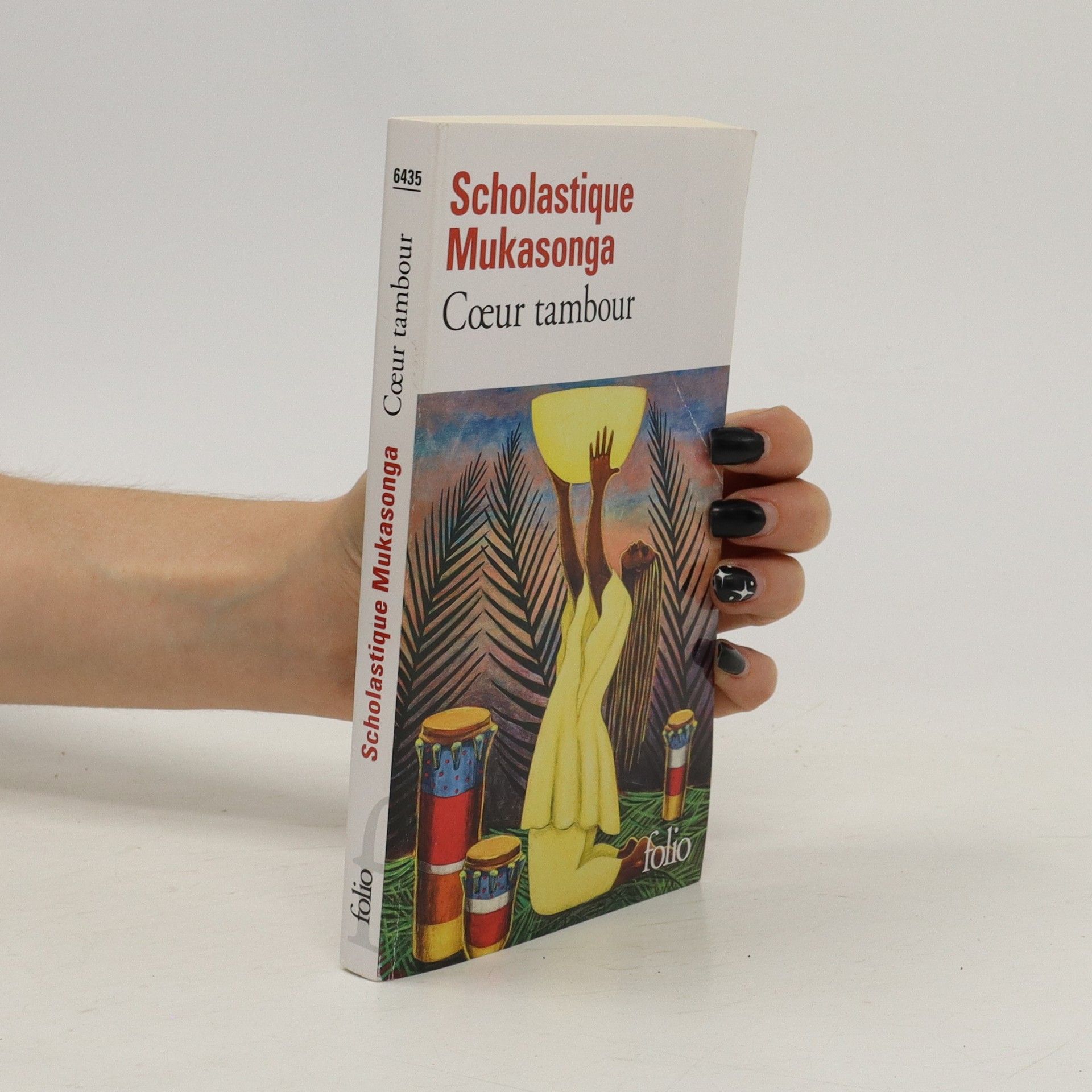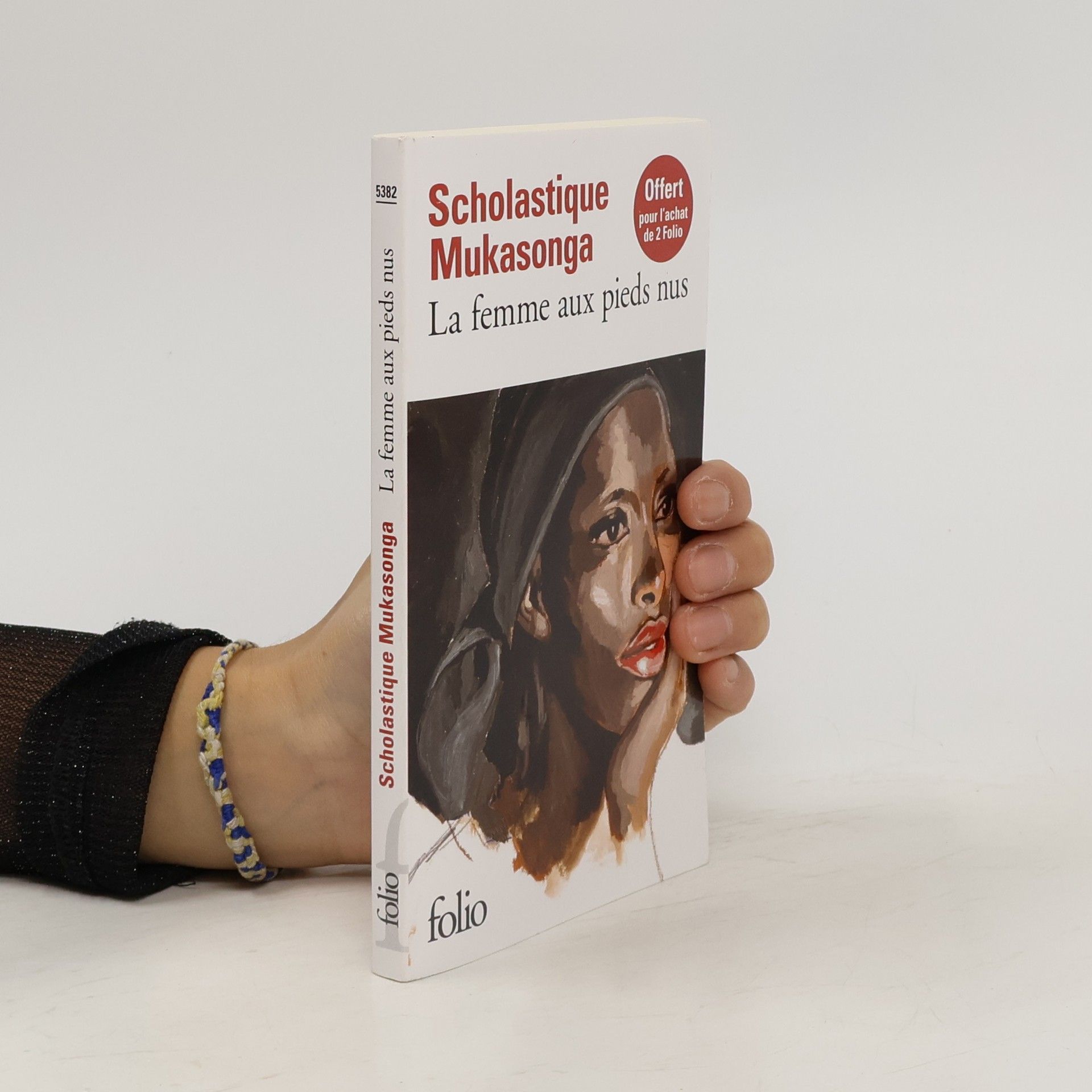Cockroaches
- 165 páginas
- 6 horas de lectura
Mukasonga unsparingly resurrects the horrors of the Rwandan geocide while lyrically recording the quieter moments of daily life with her family—a moving tribute to all those who are displaced, who suffer. Mukasonga’s extraordinary, lyrical, and heartbreaking book … is indispensable reading for anyone who cares about the endurance of the human spirit and who hopes for a better world. — Lynne Sharon Schwartz, Los Angeles Review of Books Scholastique Mukasonga’s Cockroaches is a compelling chronicle of the author’s childhood in the years leading up to the 1994 Rwandan genocide. In a spare and penetrating tone, Mukasonga brings to life the scenes of her family’s forced displacement from Rwanda to neighboring Burundi. With a view made lucid through time and pain, Mukasonga erodes the distance between her present and her past, resurrecting and paying homage to her family members who were massacred in the genocide, but also, in movingly simple language, the beauty present in quiet, daily moments with her loved ones. As lyrical as it is tragic, Cockroaches is Mukasonga’s tribute to her family’s suffering and to the lingering grip of the dead on the living.




